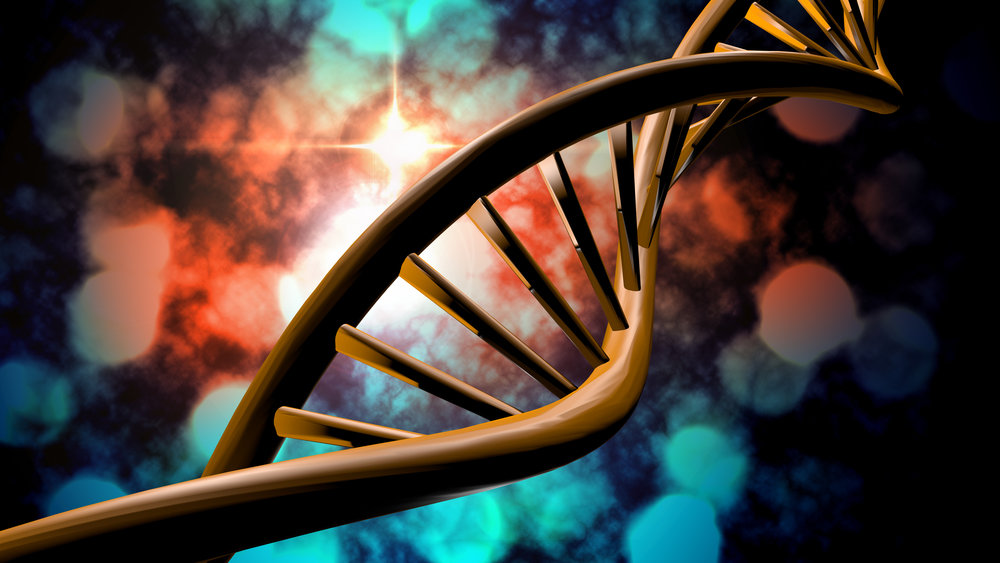
© Exume Images/Shutterstock
Impatient people may be more likely to have shorter telomeres, parts of human chromosomes that that tend to get shorter as people age, according to a new study.
Previous research has shown that
people with shorter telomeres may be more likely to develop common diseases associated with aging — such as cancers, diabetes and cardiovascular diseases — compared with people who have longer telomeres, the researchers said.
The new study shows for the first time that impatience is linked to people's telomere length, said study co-author Soo Hong Chew, a professor of economics at the National University of Singapore.
In the study, researchers looked at the relationship between impatience and telomere length among 1,158 undergraduate students in Singapore. The researchers measured the participants' levels of impatience by asking them to choose between receiving a smaller amount of money in a day or more money later.
The participants also underwent a blood test, so the researchers could assess the length of the individuals' telomeres, the protective "caps" at the ends of chromosomes. These structures defend the rest of the chromosome from the erosion, or shortening, that happens each time a cell divides.
In the first task in the study, the researchers asked the people to choose between receiving $100 the next day and receiving $101 in about a month.
In the second task, the participants had to chose between receiving $100 the next day and receiving $104 about a month later. Over a series of eight more tasks, the researchers gradually increased the amount in the second option, so that, by the last task, it involved receiving $128 in about a month's time. Meanwhile, the first option remained unchanged, at $100 the following day.
The higher the amount of money it took to convince a person to delay receiving the financial reward by a month, the higher was that person's level of impatience, the investigators said.
Comment: The art of developing patience